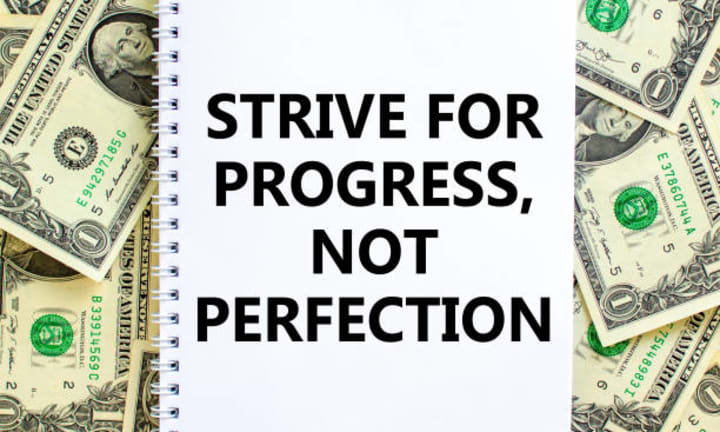Procrastination Psychology: Why We Put Things Off and How to Stop
Disclosing Procrastination: The Complex Web of Delayed Tasks

People have been perplexed by procrastination—the act of delaying activities despite being aware of the consequences—for generations. The psychology of procrastination reveals a complicated interaction of emotions, cognitive processes, and behavioural inclinations, despite the fact that it may appear to be a straightforward matter of time management. Investigating the root reasons and successful methods for overcoming procrastination can provide insight into this widespread issue and open the door to greater productivity and wellbeing.

The Procrastination Paradox: An Understanding
At its core, procrastination appears paradoxical. Even if a task is relatively straightforward, we frequently put off crucial activities. This paradoxical behaviour is caused by a variety of psychological traits, such as the propensity to put temporary pleasure above long-term objectives. The apparent unpleasantness of completing a challenging activity might be outweighed by the rapid enjoyment gained from actions like looking through social media or viewing a video.

Procrastination and Emotion
Procrastination is significantly influenced by emotions. Negative emotions like worry, failure dread, or self-doubt increase the likelihood that a task will be put off. A temporary escape from these disagreeable emotions is found in procrastination. Ironically, when deadlines draw near and the pressure grows, this avoidance eventually results in more stress.

The Function of Perfection
Another psychological element that encourages procrastination is perfectionism. Those who have impossible standards for themselves could put off starting a work to avoid the danger of falling short of their own high standards. This fear of failing can create a vicious cycle of avoidance since it prevents people from starting at all because they are afraid of failing to achieve perfection.

Mental biases and the perception of time
Additionally, cognitive biases are present. The "planning fallacy," for example, causes us to overestimate the amount of time needed to do a task. We perceive time differently than reality, which leads to procrastination since we think we have more time available than we do. Our propensity to put off work with delayed rewards is further reinforced by the "present bias," which leads us to choose instant rewards over future gains.
Strategies for Avoiding Procrastination
The first step in conquering procrastination is to understand the psychological complexities of it. Here are some methods for assisting people to escape the cycle of delay:

* Establish definite objectives: Divide projects into digestible chunks with due dates. This lessens the feeling of overwhelm and offers a clear path forward.
*Use time management strategies: Strategies like the Pomodoro Technique, which involves working in concentrated periods and taking brief breaks, can help you be more productive and focused.

* Exercise Self-Compassion: Being gentle to oneself, especially when faced with failures, lowers one's risk of failing and can spur action.
*Use positive reinforcement by rewarding yourself after you finish activities to reinforce the notion that taking action results in good things.
* Visualise Future Benefits: To resist the attraction of instant gratification, picture the sensation of satisfaction and relief you will feel after finishing a task.

* Challenge Negative Thoughts: Deal with negative self-talk and swap it out with more sane and powerful ideas about the issue at hand.
*Create Accountability: Telling a buddy about your objectives or using applications that monitor your progress will help you keep motivated from the outside.

The Path to Mastering Procrastination
It takes patience, effort, and self-awareness to overcome procrastination. People may reclaim their time, manage stress, and develop a feeling of success by comprehending the psychological dynamics at work and putting sensible tactics into practise. As you progress towards mastering procrastination, keep in mind that modest efforts and constant work will pay off in the form of increased productivity, personal development, and a better relationship with time.





Comments (1)
For someone struggling with procrastinating, I really recommend this article.